 With artificial intelligence set to dictate the nature of future battlefields, experts discussed its importance and implications in the Indian context at a seminar on ‘War in the Artificial Intelligence Age’ here today.
With artificial intelligence set to dictate the nature of future battlefields, experts discussed its importance and implications in the Indian context at a seminar on ‘War in the Artificial Intelligence Age’ here today.
Experts said artificial intelligence was an emerging technology affecting military and civilian domains alike across the globe. They say some strides have been made to harness the power of artificial intelligence to boost the armed forces’ combat capabilities, a concerted and holistic effort is required to exploit its potential and meet the challenges thrown up by other countries in the field.
Former governor of Andaman and Nicobar Islands, Lt Gen AK Singh (retd), author and educationist, Maj Gen Raj Mehta (retd), Consultant at the Vivekananda Internation Foundation, Maj Gen PK Mallick (retd) and former MP Col Manvendra Singh (retd) spoke on the occasion.
The event was organised by the Indian Ex-servicemen Movement, Panchkula, to commemorate Remembrance Day, which is observed in Commonwealth member states since the end of the World War I to pay homage to soldiers who died in the line of duty.
A large number of retired defence officers as well as residents attended the seminar.
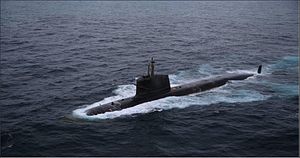
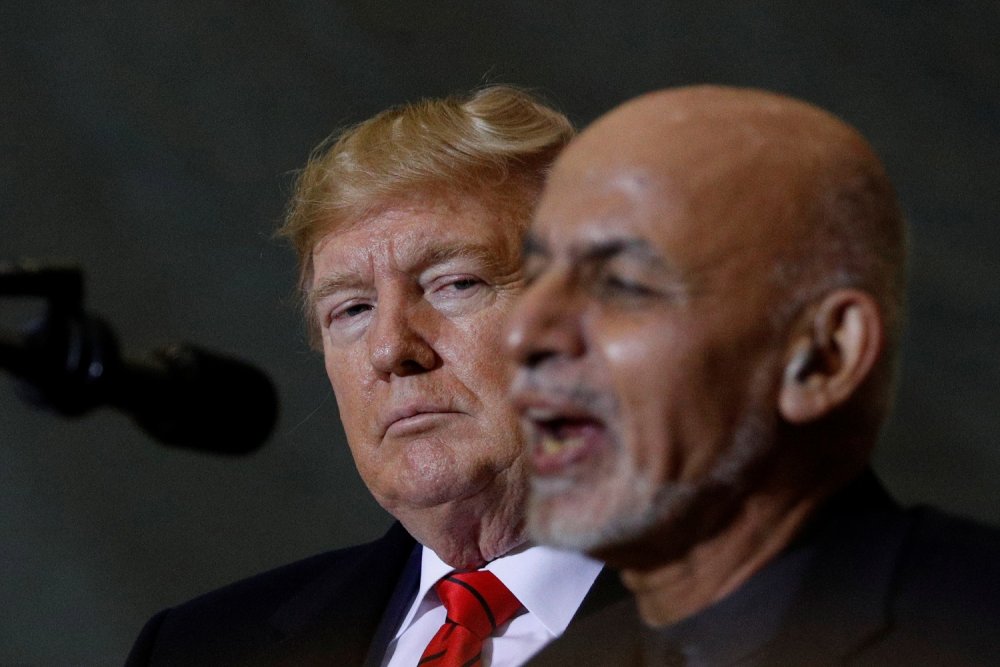

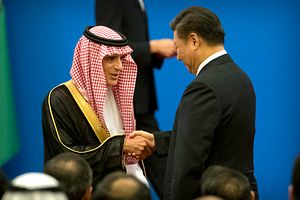
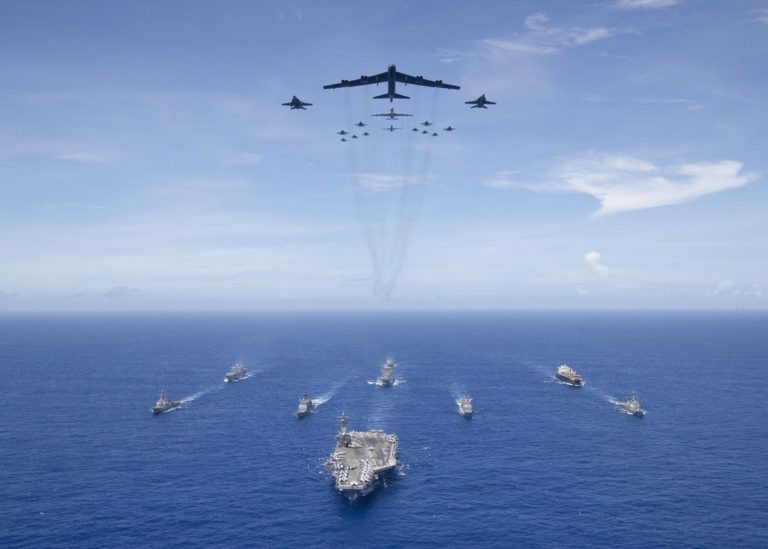



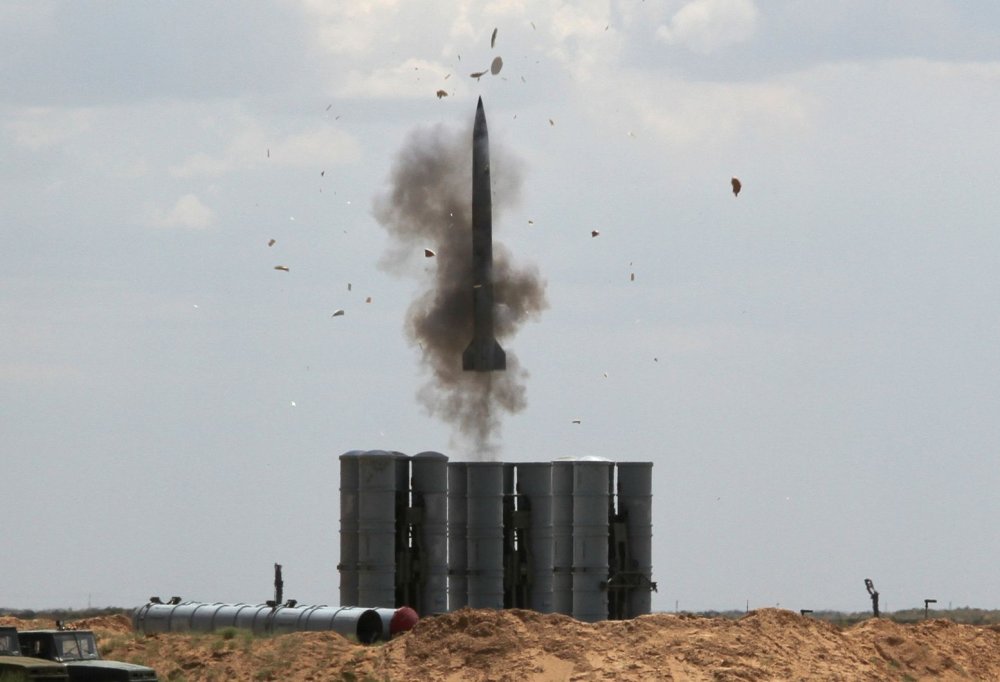





/arc-anglerfish-arc2-prod-mco.s3.amazonaws.com/public/YFKKAHFIPZB3PMZ4U3C7EBWM2M.jpg)
/arc-anglerfish-arc2-prod-mco.s3.amazonaws.com/public/YU7KHDITR5HJ7IDCT7ZH5OVLFM.jpg)


